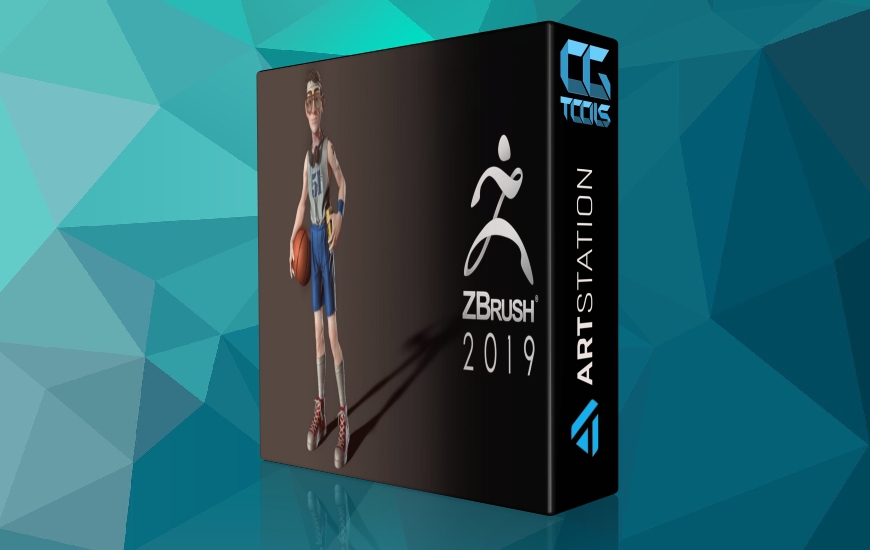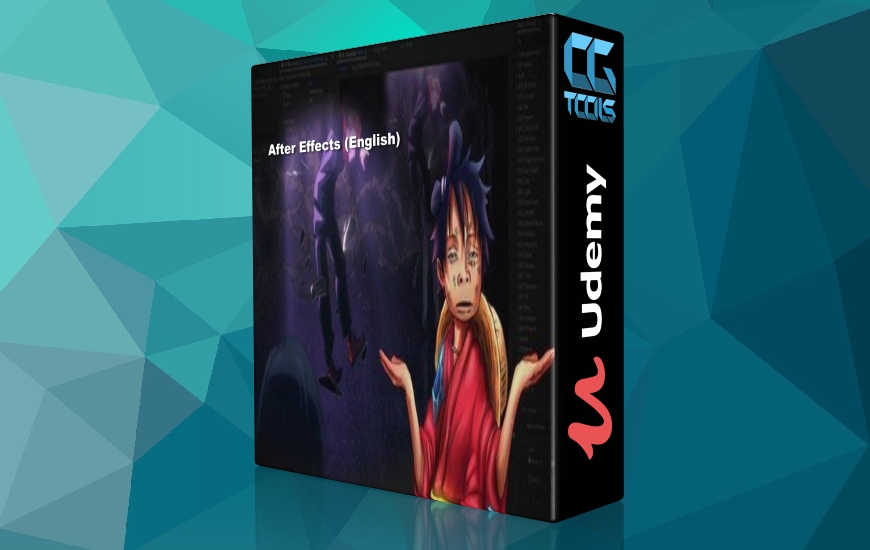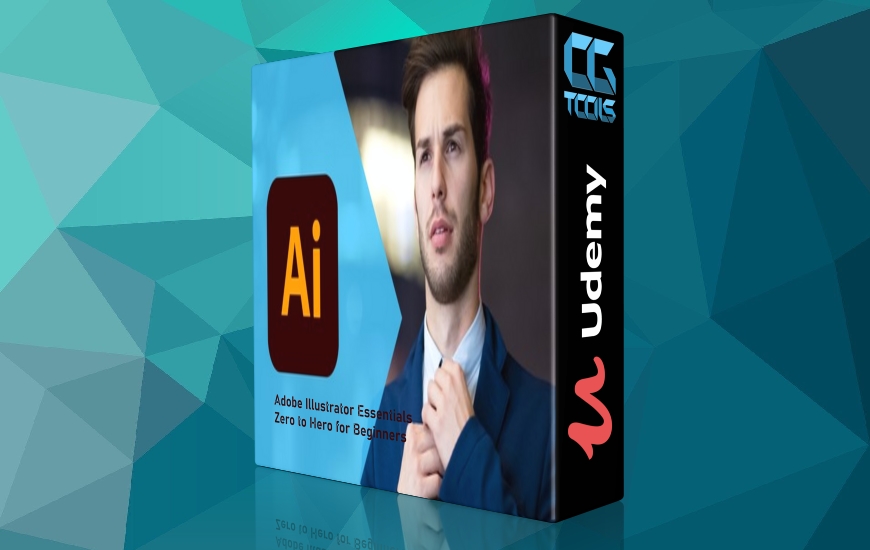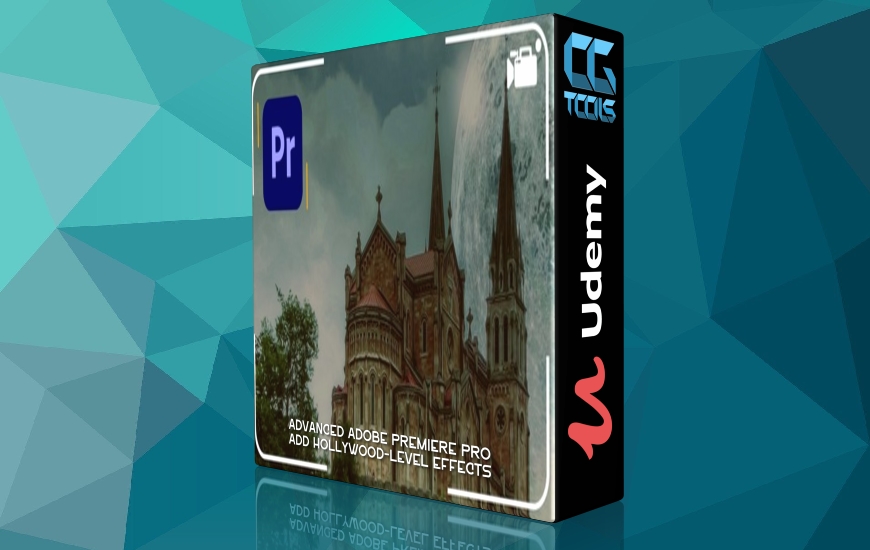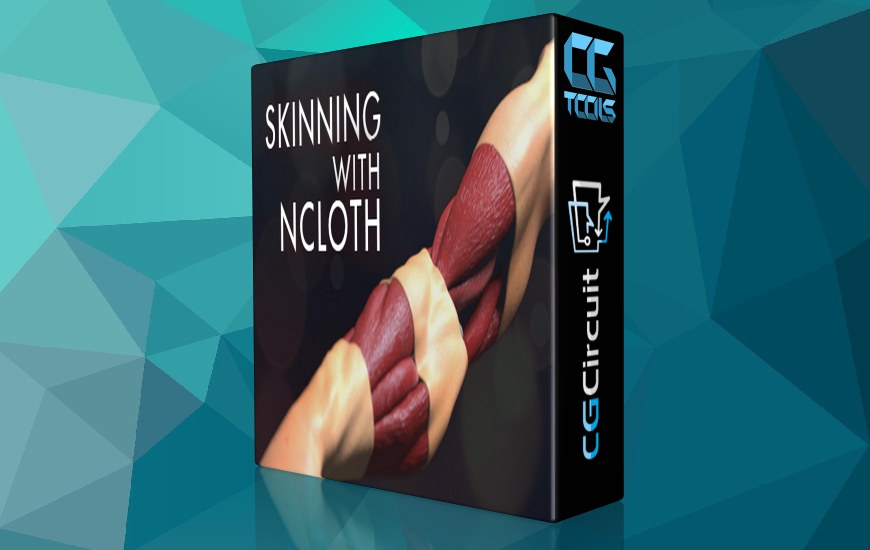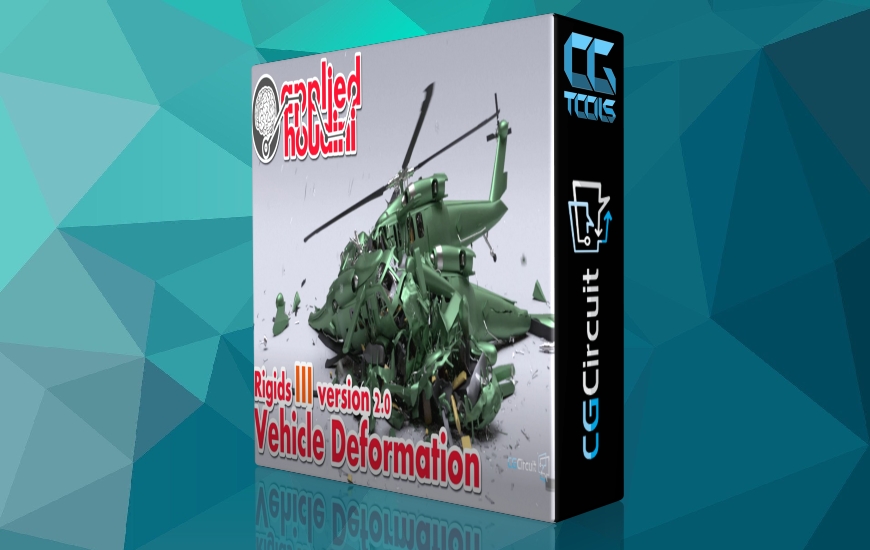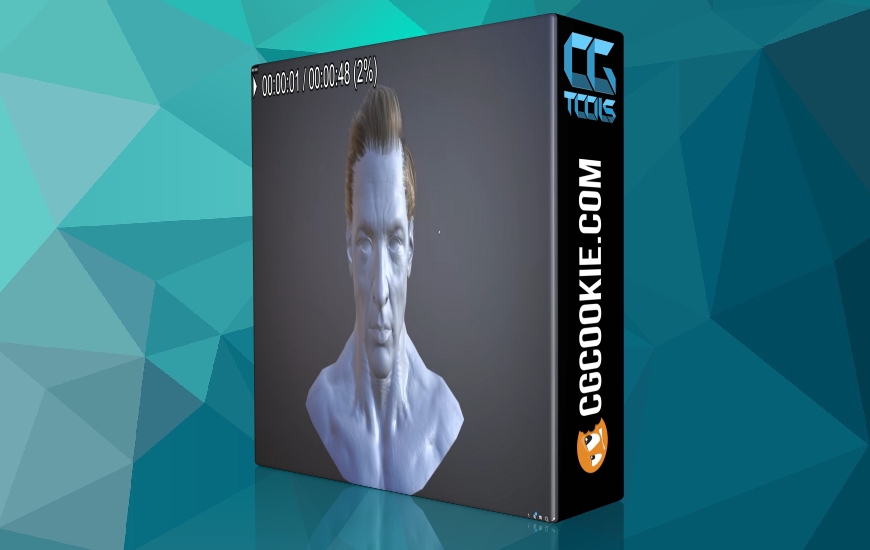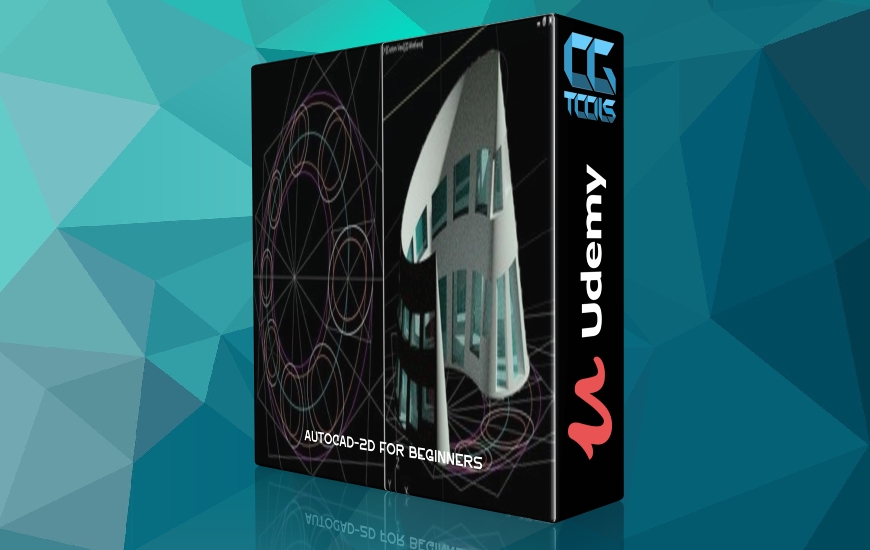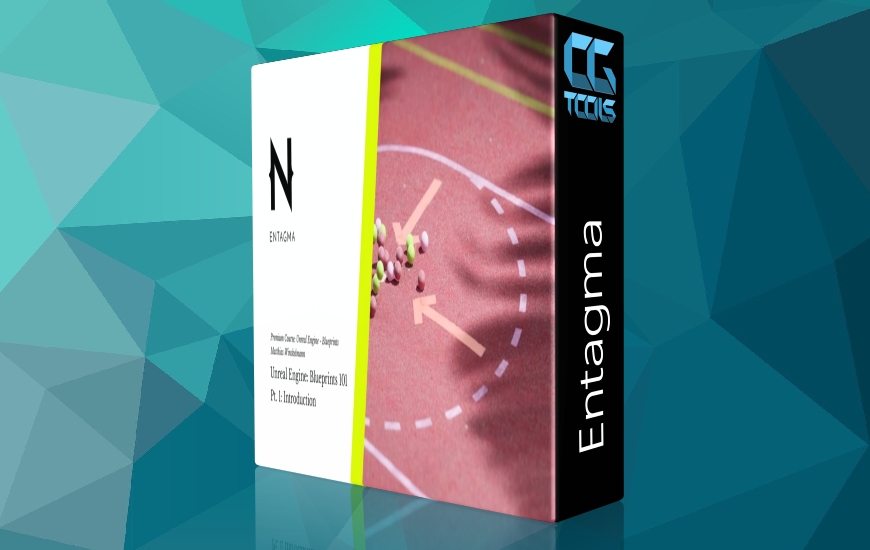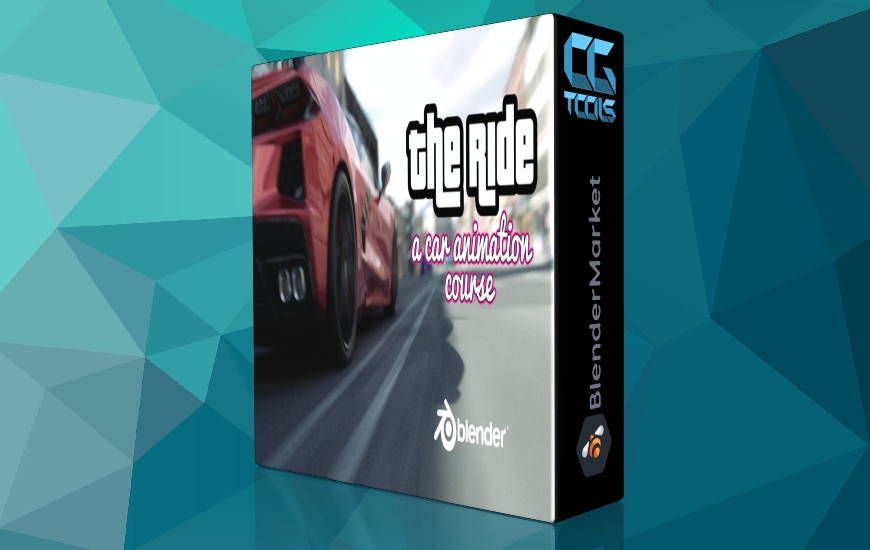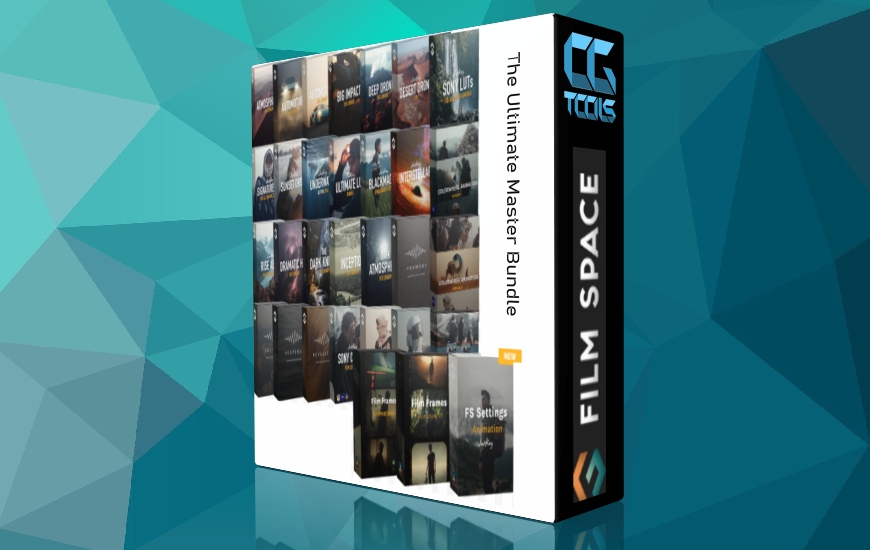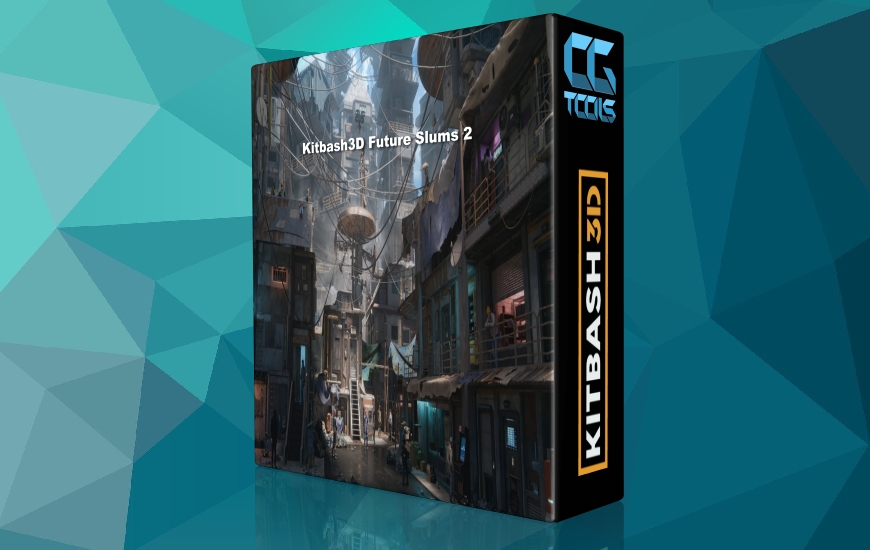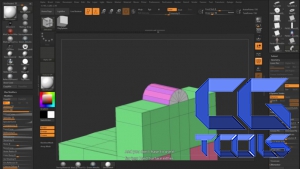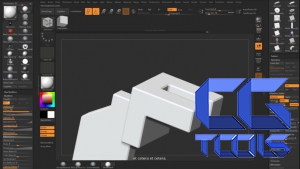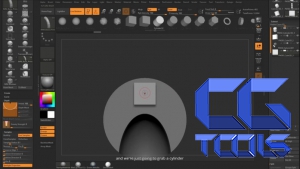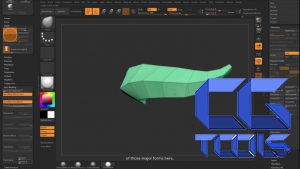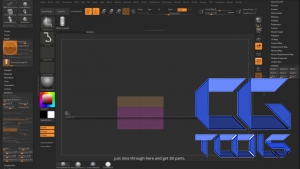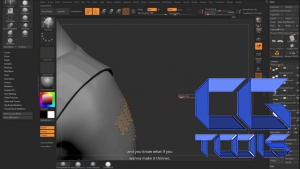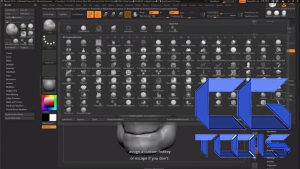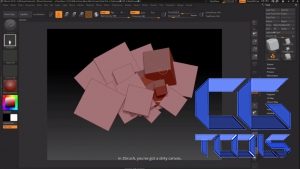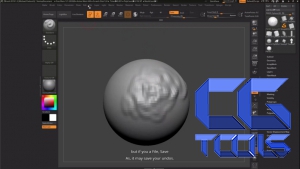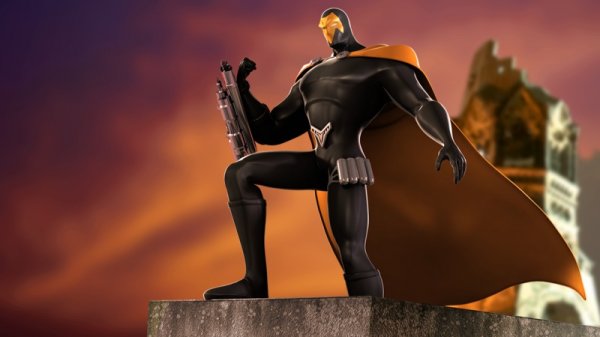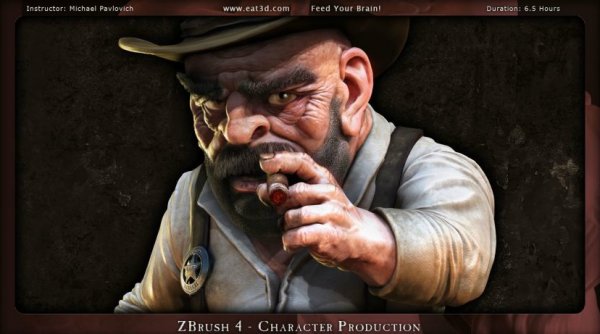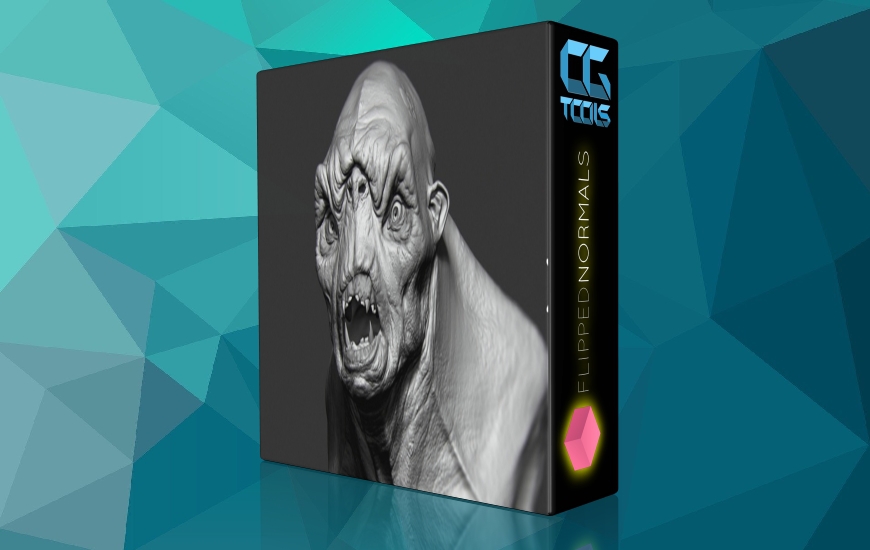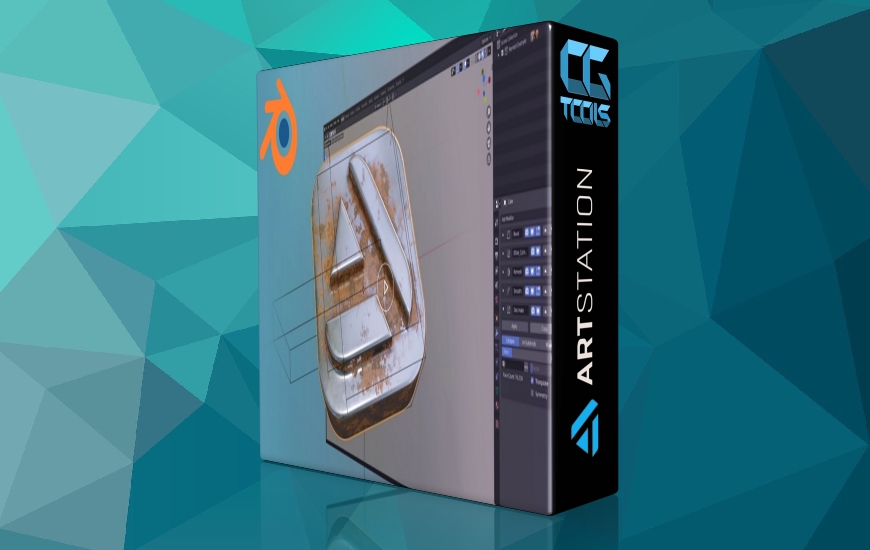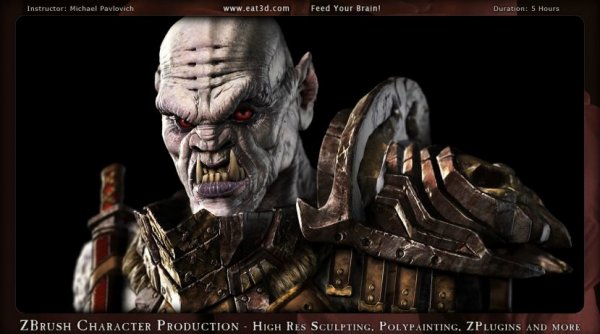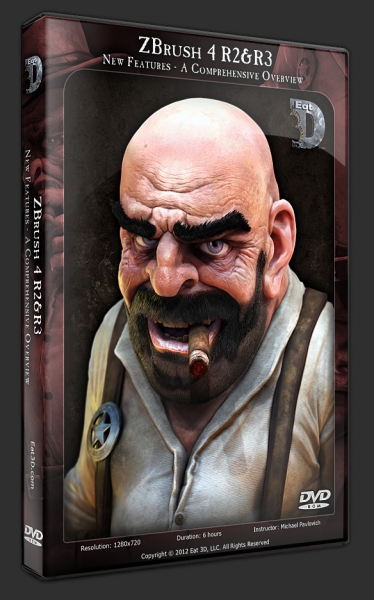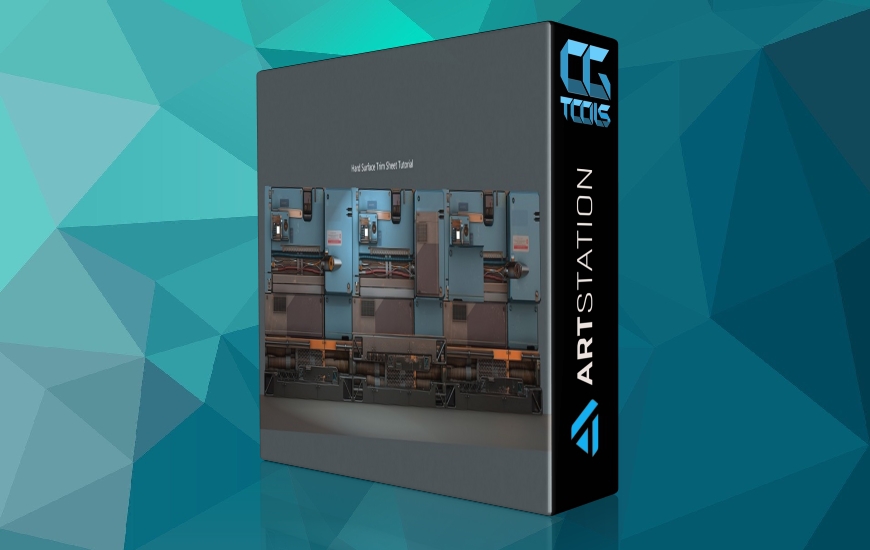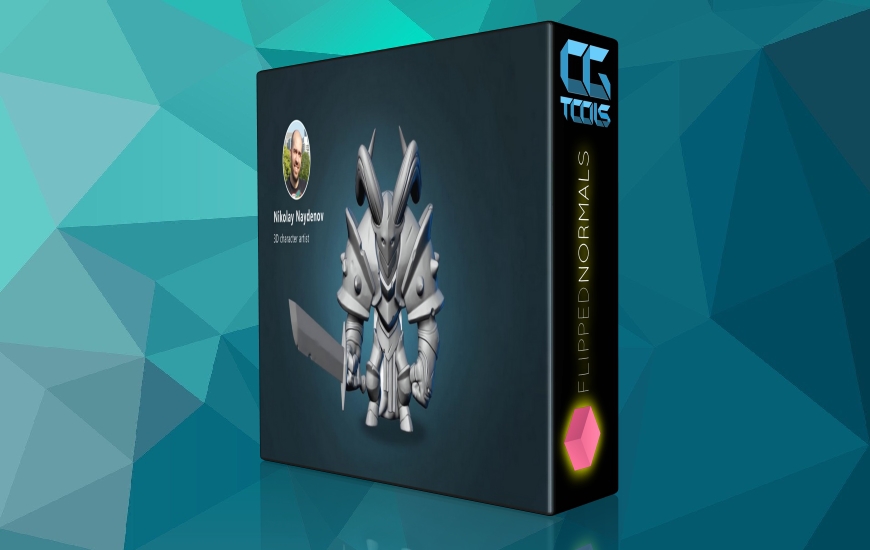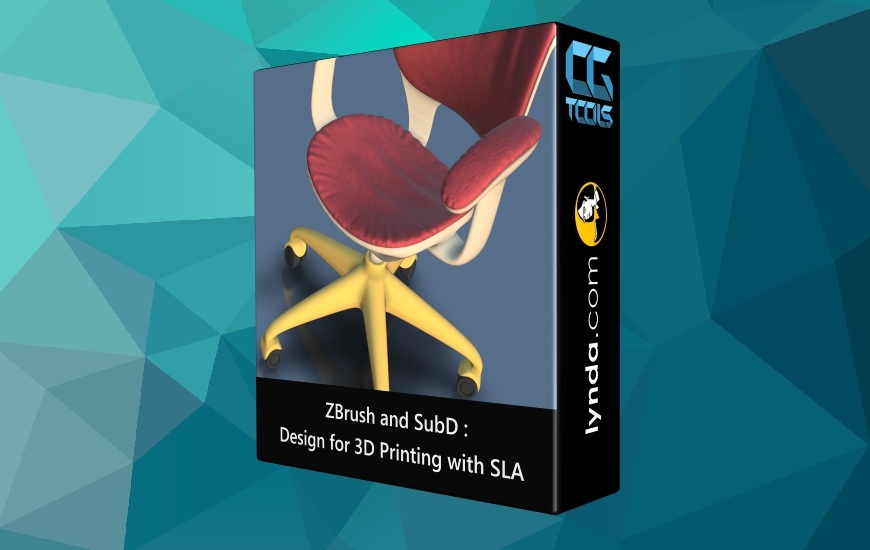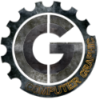Part 1 – Basics
Course Description
In this Intro to ZBrush Series, Michael Pavlovich will give a comprehensive overview of the tools and interfaces to get anyone up and running with ZBrush. This first course covers basic navigation of the interface and starting a basic sculpt.
Part 2 – Subtools, Gizmo, and Strokes
Course Description
In this Intro to ZBrush Series, Michael Pavlovich will give a comprehensive overview of the tools and interfaces to get anyone up and running with ZBrush. This second course covers more in-depth functionality of ZBrush, including customizing the interface, custom menus, subtools, Gizmo functionality, strokes and masking.
Part 3 – Blockout Techniques
Course Description
In this Intro to ZBrush Series, Michael Pavlovich will give a comprehensive overview of the tools and interfaces to get anyone up and running with ZBrush. This third course covers different blockout techniques that can be utilized in ZBrush. This course goes deeper into Masking and Gizmo functionality, and will cover basic functionality of Sculptris Pro, ZSphere, ZSketching and Insert Mesh blockouts.
Part 4 – Accessories Blockout
Course Description
In this Intro to ZBrush Series, Michael Pavlovich gives a comprehensive overview of the tools and interfaces to get anyone up and running with ZBrush. This course covers creating accessories using the base mesh as a starting point, including clean up meshes, some basic ZModeler Brush functionality, and a little bit of a deeper dive into Brushes, including modifier brushes, specifically, Slice, Clip and Trim. This course applies some of the techniques taught so far to block in some basic accessories, such and the shorts, socks and eyelids.
Part 5 – Organic Hard Surface
Course Description
In this Intro to ZBrush Series, Michael Pavlovich gives a comprehensive overview of the tools and interfaces to get anyone up and running with ZBrush. This course covers more Organic Hard Surface techniques. This course covers a deeper dive into Curve Brushes, including where to find the default and how to create Custom Curve Brushes. This course ends with some Hard Surface sculpting techniques.
Part 6 – SubD Modeling
Course Description
In this Intro to ZBrush Series, Michael Pavlovich gives a comprehensive overview of the tools and interfaces to get anyone up and running with ZBrush. This course covers a deeper dive into Hard Surface Modeling in ZBrush. This course first covers wrapping up the base mesh, before going into SubD Modeling, and providing a solid overview of ZModeler, using Dynamic SubDs, and ZRemesher.
Part 7 – Rebuilding Clothing
Course Description
In this Intro to ZBrush Series, Michael Pavlovich gives a comprehensive overview of the tools and interfaces to get anyone up and running with ZBrush. In this course, Michael takes a detour into Marvelous Designer to create a simple jersey and shorts. He covers the basics to get the clothing done quickly; including importing a custom avatar, sewing and simulating patterns, tucking the shirt into the shorts, determining materials and finally exporting the result back into ZBrush. From there he shows how to rebuild the geometry, making it easier to work with, and then ads thickness and extra fabric modeling, while still being able to project the original Marvelous Designer cloth detail back to the updated mesh.
Part 8 – Polypainting
Course Description
In this Intro to ZBrush Series, Michael Pavlovich gives a comprehensive overview of the tools and interfaces to get anyone up and running with ZBrush. In this course, Michael takes the clothing a step further and adds in some sculpted details, by starting out with a look at creating and modifying alphas and integrating them into brushes and applying them to the mesh. Then he spends time getting into the Polypainting and Materials. Finally, as the project has grown, he shows how to keep everything a little more organized and shares some insight into folder organization inside of Zbrush.
Part 9 – Hard Surface Modeling
Course Description
In this Intro to ZBrush Series, Michael Pavlovich gives a comprehensive overview of the tools and interfaces to get anyone up and running with ZBrush. In this course, Michael covers a variety of Box Modeling techniques in Zbrush. He starts with QGrid and chamfers to speed up Box Modeling workflows, and covers more ZModeler and Gizmo deformer functionality to help dial in the correct shapes for your final product. He then dives into ZBrush’s LiveBoolean system which allows the creation of complex shapes quickly and non-destructively. Finally, he covers ZRemesher’s “find edge” to rebuild hard surface shapes into clean, usable, subdivision geometry.
Part 10 – Organic ZRemesh and Surface Noise
Course Description
In this Intro to ZBrush Series, Michael Pavlovich gives a comprehensive overview of the tools and interfaces to get anyone up and running with ZBrush. In this course, Michael builds on his previous coverage of live Boolean functionality, and covers Dynamesh Booleans. He also diverts from previous box modeling techniques into more organic workflows, including panel loops and more ZRemesh functionality. Finally, he covers UV Master and Surface Noise.
Part 11 – ZSphere Topology
Course Description
In this Intro to ZBrush Series, Michael Pavlovich gives a comprehensive overview of the tools and interfaces to get anyone up and running with ZBrush. In this course, Michael introduces ZSphere Topolgy by tackling a complex shape that might not be easy to figure out using any single method that has been previously covered in this series. He demonstrates how to use various different methods and tools to begin building a complex shape, and how to integrate ZSphere Topology to get the asset across the finish line.
Part 12 – Posing and Rendering
Course Description
In this Intro to ZBrush Series, Michael Pavlovich gives a comprehensive overview of the tools and interfaces to get anyone up and running with ZBrush. In this course, Michael covers the final step of the basketball player asset; posing, rendering and presentation! He demonstrates how to get the character of his boring T or A-pose, and into something more natural or dynamic. Then he takes the model into Keyshot for finalizing the render. He also shares how to make a short turntable video quickly and efficiently.
